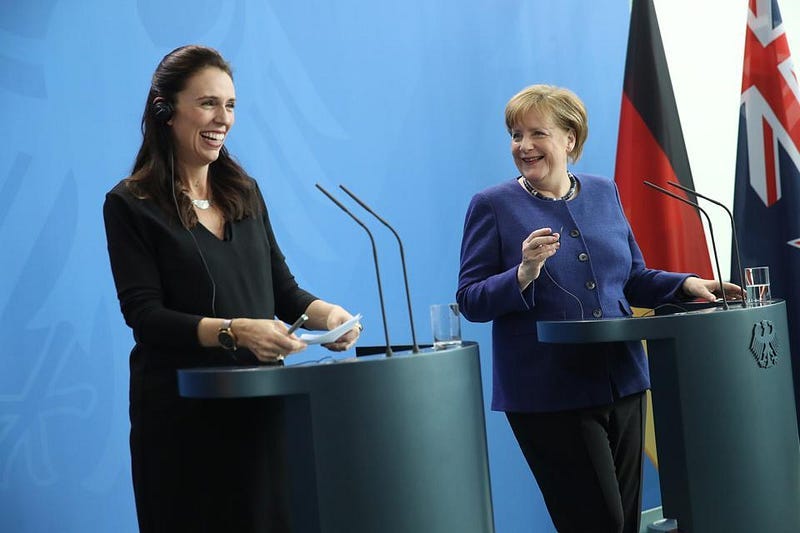Women Leading Our World
Throughout history, women have been underrepresented in positions of power and leadership.
Throughout history, women have been underrepresented in positions of power and leadership. However, in recent years, there has been a growing trend of women breaking barriers and ascending to the highest office in their respective nations. From heads of state to heads of government, women leaders are making their mark on the world stage.
One of the most notable women leaders of recent times is Angela Merkel, who served as the Chancellor of Germany from 2005 to 2021. During her time in office, she was widely recognized as one of the most powerful women in the world, and she played a key role in navigating Germany and the European Union through a number of economic and political challenges.
Another trailblazer is Ellen Johnson Sirleaf, who served as the President of Liberia from 2006 to 2018. Sirleaf was the first elected women head of state in Africa, and she was awarded the Nobel Peace Prize in 2011 for her efforts to promote peace, security, and women’s rights in Liberia.
In Asia, Tsai Ing-wen has made headlines as the first woman President of Taiwan, where she has been in office since 2016. Her leadership has been praised for its efforts to promote democracy and defend Taiwan’s sovereignty, and she has been a vocal advocate for women’s rights and gender equality.
Most recently, Kamala Harris made history as the first woman Vice President of the United States, as well as the first Black and South Asian woman to hold the office. Her election is seen as a significant step forward for women and people of color in politics, and she has already made an impact with her strong advocacy for policies that promote equality and justice.
While the number of women in leadership positions is still relatively small compared to men, it is a trend that is gaining momentum. Women leaders are bringing fresh perspectives, innovative ideas, and a commitment to inclusivity to the table, and they are making a positive impact in their countries and the world.
The rise of women in leadership positions is a testament to the progress made toward gender equality. And while it’s a trend that is sure to continue in the years to come, our work is far from done.
Women have historically been underrepresented in positions of leadership and power, but in recent years, there has been a growing trend of women breaking through the glass ceiling and ascending to the highest offices in their respective nations. From heads of state to heads of government, women leaders are making a significant impact and proving that they are just as capable and competent as their male counterparts. But why is it so important to elect women leaders? Here are some key reasons.
Diversity in Decision-Making: Women bring unique perspectives and experiences to leadership positions, which can lead to more inclusive and effective decision-making. Women leaders are often more likely to prioritize issues that are important to women and families, such as access to healthcare and education, and they can bring a fresh perspective to problem-solving.
Gender Equality: When women are elected to leadership positions, it sends a powerful message about the value of women’s contributions and helps to advance gender equality. Women’s leadership also helps to break down gender stereotypes and challenge the notion that women are not fit for leadership positions.
Improved Representation: Women make up half of the population, but are underrepresented in positions of power and influence. Electing women leaders helps to ensure that all voices are heard and represented in government, and it helps to create a more representative democracy.
Better Outcomes: Studies have shown that countries with higher numbers of women in leadership positions tend to have better outcomes in areas such as economic growth, health, and education. Women leaders have a track record of implementing policies that improve the well-being of their constituents, and they have a proven ability to lead effectively.
Role Models: When women see other women in leadership positions, it can inspire them to pursue their own leadership aspirations and contribute to the advancement of their communities. Women’s leadership provides a powerful example for future generations and helps to create a culture that values and supports women’s leadership.
In conclusion, electing women leaders is essential for promoting diversity, equality, representation, and positive outcomes. Women bring a unique perspective and set of experiences to leadership positions, and they have a proven track record of making a positive impact. It is time to break down the barriers that prevent women from achieving their full potential, and to create a more equal and representative world.



